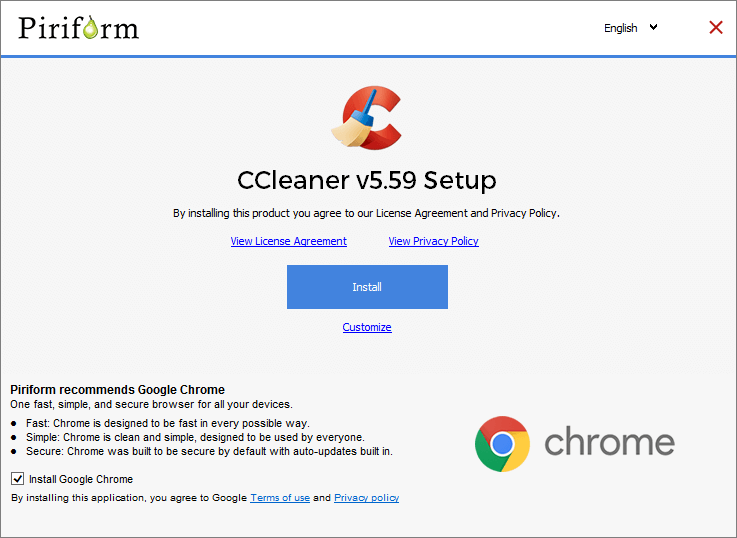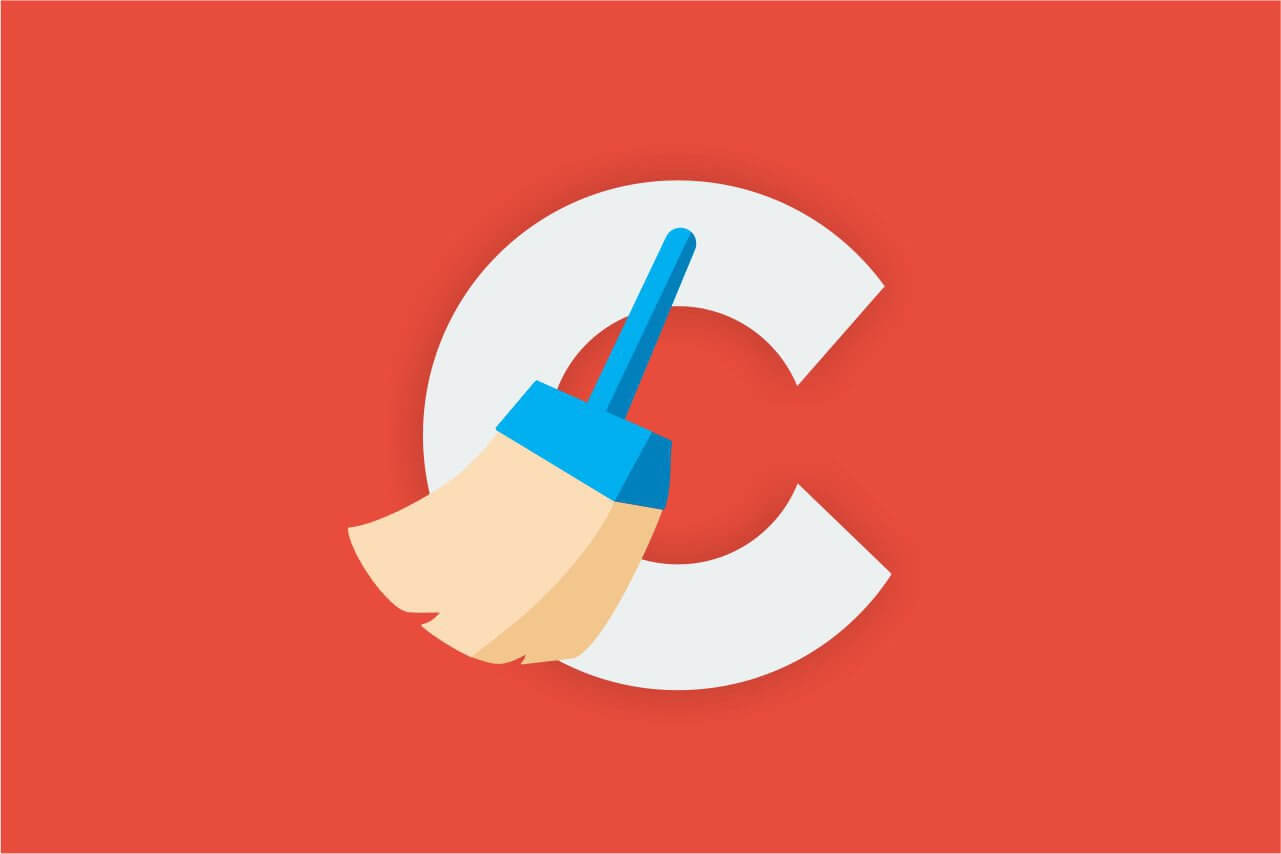Why it matters: Are you using the free version of CCleaner? If so, you'll probably notice that Windows Defender is now flagging the junk file remover as a Potentially Unwanted Application (PUA) after Microsoft recently updated its antivirus program.
CCleaner optimizes a system by removing unused and temporary files, thereby making it faster and freeing up storage space. It also features a registry scanner for invalid references. You can download CCleaner here and see similar alternatives.
Back in 2017, Piriform, the UK-based firm behind CCleaner, was acquired by Avast for $1.3 billion, which has led to other programs being bundled in with the app, including Avast Free Antivirus, AVG Antivirus Free, Google Chrome and Google Toolbar.
It seems Microsoft has taken exception to the bundling of these programs. In a new threat entry, the Redmond firm has classified CCleaner as a PUA. "While the bundled applications themselves are legitimate, bundling of software, especially products from other providers, can result in unexpected software activity that can negatively impact user experiences," states the notice.

"While the CCleaner installers do provide an option to opt out, some users can easily inadvertently install these bundled applications."
Microsoft previously stated that it does not support registry cleaners, advising that such programs should not be used.
In Microsoft's entry on how it identifies malware and potentially unwanted applications, it notes that PUAs are not malware but software must not make misleading claims about a device's health, files, or registry entries.
Only the free version of CCleaner is being identified as a PUA as it contains the bundled software. Piriform told BleepingComputer that it is in talks with Microsoft to stop its program being flagged by Defender, which is also flagging other Piriform software such as Recuva.
